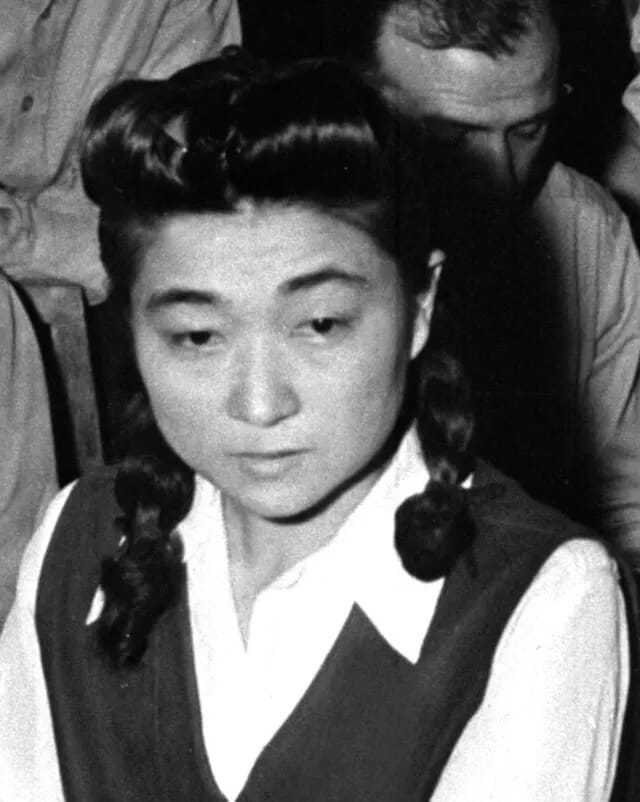I watched the White House Briefing yesterday, where White House Press Secretary Karoline Leavitt purportedly updated the press on the President’s schedule and accomplishments, along with taking questions from the media. I usually don’t watch the entire briefing as the highlights (and lowlights) will generally be available should I wish to catch up. Yesterday, I had a particular interest in hearing how she’d respond to reporting on Trump Border Czar Tom Homan being recorded taking $50,000 in cash before the election to steer government contracts to undercover FBI agents. It seemed to me there was no possible explanation other than bribery or extortion. I wanted to see how she would defend Homan. MSNBC cut away from the briefing after Leavitt’s opening remarks, but I knew I could rely on Fox News to cover the briefing in its entirety.
I was shocked at how much of a propaganda fest the briefing had become. The job of the Press Secretary is to put the best spin on the news and will never bash their own administration. I expect deflection, misdirection, and obfuscation. I didn’t expect outright lies. I have respected some press secretaries over the years from both administrations, and mocked others. I liked Dana Perino before she whittled away all her credibility in later years on “The Five.” I liked Robert Gibbs and Jen Psaki. Sean Spencer was literally a joke; of course, none of them could live up to the fictional C.J. Craig from “The West Wing.”

While waiting for Leavitt to get to Tom Homan accepting a bribe, I endured lavish propaganda about how Trump was the best leader ever, giving us the best economy in history, along with protecting America more than anyone ever has. My thoughts drifted to Tokyo Rose, famous for her Japanese propaganda during World War II. I was further disappointed as I realized how few real reporters were left in the room. Most of the questions came from obscure outlets whose goal was to curry favor with the President or avoid being sued for criticizing Donald. I thought more and more about Tokyo Rose, and in my research, found her to be a sympathetic figure.
The person most famously associated with “Tokyo Rose” was Iva Toguri D’Aquino, a Japanese-American woman born in Los Angeles on July 4, 1916. She was:
- A UCLA graduate with a degree in zoology
- Raised in a patriotic American household
- Sent to Japan in 1941 to care for a sick aunt — just before the attack on Pearl Harbor

When war broke out, Toguri was stranded in Japan, refused to renounce her U.S. citizenship, and was classified as an enemy alien. She eventually took a job as a typist and later became a radio host on the Japanese propaganda program “The Zero Hour,” where she used the name “Orphan Ann.”
Toguri’s broadcasts were often satirical and subversive, mixing pop music with sarcastic commentary. Many American GIs found her voice familiar and even comforting, despite the program's propagandist intent.
After the war, Toguri was arrested and accused of treason in 1945. She became the seventh person in U.S. history convicted of treason. Her trial was marred by false testimony and political pressure. She was pardoned by President Gerald Ford in 1977, after journalists uncovered that key witnesses had lied.
“Tokyo Rose” became a symbol of female betrayal, racial suspicion, and wartime propaganda, but the real story of Iva Toguri is one of resilience, injustice, and myth-making. Her case remains a powerful example of how wartime hysteria and racial bias can distort truth — and how media can turn a nickname into a weapon.
Watching Karoline Leavitt’s briefing felt less like journalism and more like theater — an orchestrated performance where truth was secondary to loyalty. She finally got to Tom Homan, simply denying he ever took the money despite records and a recording indicating otherwise. Homan himself went on Fox News that evening and didn’t deny taking the money. Leavitt’s defense of Tom Homan, despite credible allegations of bribery, was not just evasive — it was emblematic of a broader strategy: obfuscate, deflect, and sanctify the powerful. The press secretary’s role, once designed to inform the public, now functions as a shield for corruption, cloaked in patriotic language and partisan fervor.
This is where the comparison to “Tokyo Rose” becomes not only relevant but revealing.
Iva Toguri was a scapegoat — caught between nations, punished for surviving, and vilified by a country she never betrayed. Her broadcasts, while technically part of Japan’s propaganda machine, were laced with irony and humanity. She never called for violence, never defended corruption, and never claimed moral superiority. Her voice, to many GIs, was a strange comfort in a brutal war.
Karoline Leavitt, by contrast, operates from a position of power. She speaks not as a trapped civilian but as a mouthpiece for an administration that routinely undermines democratic norms. Her briefings are not ironic — they are calculated. Her loyalty is not to truth, but to narrative control. And unlike Toguri, she will not be falsely imprisoned — because the system she defends protects its own.
The myth of Tokyo Rose was born from wartime paranoia and racial suspicion. The reality of Karoline Leavitt is born from ideological consolidation, where truth is bent to serve power. One woman was punished for surviving. The other is rewarded for spinning.
In the end, it’s not just that Karoline Leavitt “ain’t got nothing on Tokyo Rose.” It’s that Tokyo Rose was never the villain — she was the victim of a nation that confused dissent with betrayal, and propaganda with patriotism. If history has any moral arc, it bends toward the truth. And the truth is: Iva Toguri told fewer lies than the people who condemned her.
